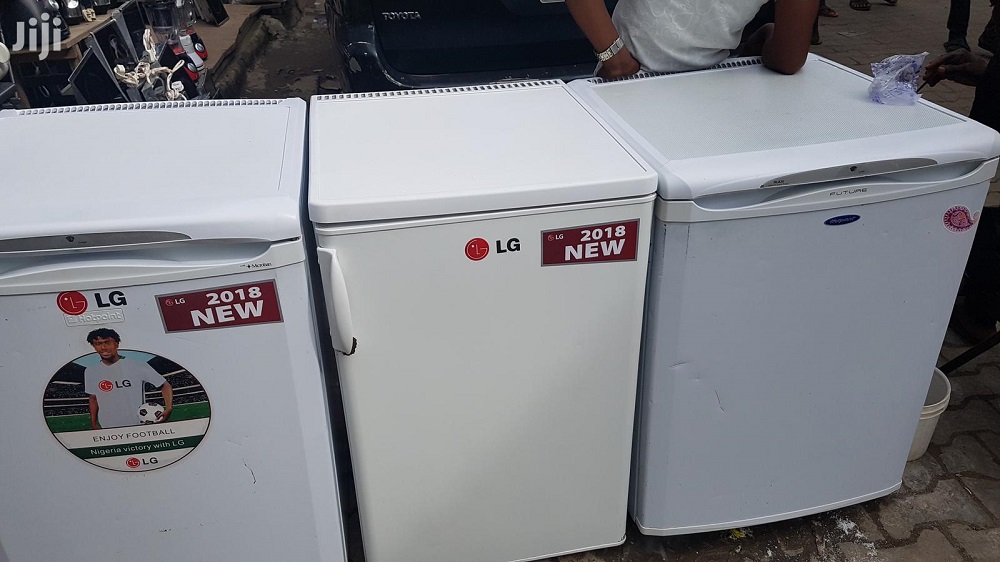The Federal Government of Nigeria says it will ban all substances that are not ozone-friendly including refrigerators and Air Conditioning systems.
This is in compliance with The Montreal Protocol, a treaty set up to protect the ozone layer through the phasing out of the production of numerous substances believed to be responsible for ozone layer depletion.
Advertisement
A representative of the Environment Unit of the United Nations Development Programme (UNDP), Mr Oladipo Supo, said the substances that will be banned will include electronics such as refrigerators, air conditioners, generators, water dispensers and photocopiers, among others.
This was disclosed at a stakeholders’ workshop for the Validation of the Draft National Cooling Plan in accordance with the Montreal Protocol Agreement, to which Nigeria is a signatory.
He said, “Nigeria has committed itself because it is part of the signatories. We are looking at Jan. 1, 2023, when some of these substances will not be allowed into the country anymore.”
“In the refrigerating sector, we only have technicians. The people that actually fix them are technicians on the street.”
Advertisement
Supo added that the Federal Ministry of Environment is trying to ensure that the alternatives were available before the year 2023 when the banning of the items would commence.
According to him, alternatives have to be provided before the ban of such items.
Minister of Environment, Mohammed Abdullahi, condemned some developing countries that use refrigerants with high ozone-depleting potential such as hydro chlorofluorocarbons.
He said emissions are projected to amount to approximately 8.97 gigatons of carbon dioxide equivalent by 2050 and contribute to global warming and climate change.
“Direct emissions are refrigerants-related emissions from refrigeration and air conditioning equipment during installation, maintenance, repair and servicing”
Advertisement
“Indirect emissions and energy consumption of appliances-related emissions due to huge electricity consumption of refrigeration and air conditioning equipment,” he said.



